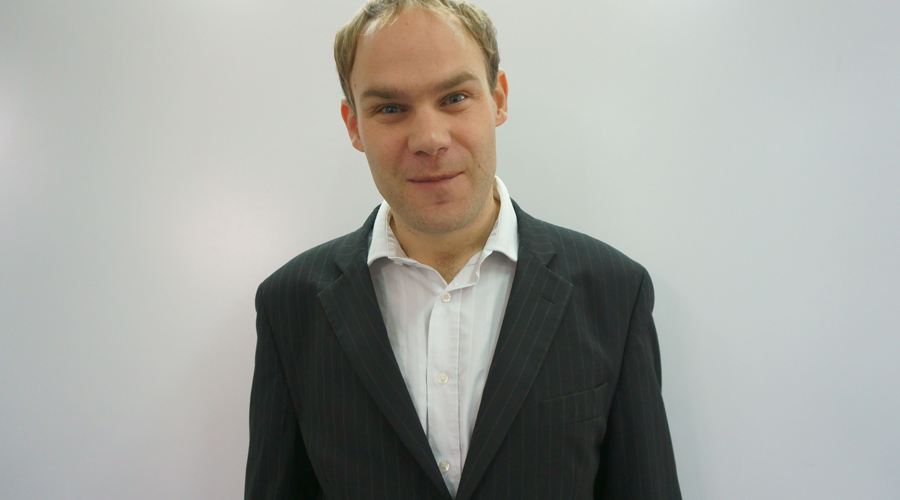Sociology teacher sees potential in students
Writer: | Editor: Betty Ye | From: | Updated: 2016-06-13

Richard Driscoll
Sociology has long been a marginal and unpopular subject in Chinese education, possibly due to low graduate employment. Richard Driscoll, a sociology teacher from England, however, sees a different picture in Shenzhen.
"When I started to teach sociology in Shenzhen two years ago, at least 72 students in the school wanted to enroll in the course but there were only 24 places in the class, so I gave them a test and took the top 24 students. It was a very difficult decision to have to turn away many enthusiastic students who could not be accommodated and to see their obvious bitter disappointment," said Driscoll, who is teaching at the Shenzhen College of International Education, a high school in Futian District that uses the British curriculum.
"At the end of my second lesson, I was amazed that one of the students had read in advance several of the books on the exam board's recommended reading list. This is something I've never seen in the U.K. where — on occasion — students would be recommended towards signing up to make up the numbers, as opposed to having a specific passion for the subject," said Driscoll, who studied social policy in the University of York and was head of sociology at a high school in England for seven years.
"I realized that some Shenzhen students are exceptional. Most high schools in China do not offer sociology courses and my students love the opportunity to study sociology."
Since the English books on sociology in the school's library are much more focused on the U.K. and America, he encouraged his Chinese students to talk about life and family in China.
"When we talked about family in class, I told them families in the U.K. are very diverse: divorces, single parents and gay marriages. A lot of students are very fascinated with gay marriages because they are interested in young people's lives in other countries. They realized that although Chinese families are traditional now, in the future they might change."
Driscoll said he found it disconcerting when he posed a question to the class and was met with absolute silence. But at the end of the lesson, he was then met with a queue of students asking insightful questions.
"When I asked why they had not asked them in the lesson, they said they thought their questions were not valuable and didn't want to lose face in the class. This is very different in the U.K. Now the students are becoming more confident and they get more involved in classroom discussions and sharing ideas."
Last year, one of Driscoll's students carried out a small-scale ethnographic piece of research in the matriarchal tribe of the Mosuo in Yunnan Province following a lesson on family diversity.
And this year, six Chinese students participated in the British Sociological Association Sixth Form Competition. One student won the competition with her research on education in the context of globalization.
Driscoll had traveled in China a few times before teaching here and said he only knows a few cultural differences based on personal experiences. He said teaching in China offers him both opportunities and challenges. He is gaining insight into Chinese culture through interacting with students, but still has a long way to go carrying out research into sociology differences in China and the U.K.
He has also planned a conference for sociology teachers from around the world visit next year.
"Chinese sociology books are not very often translated in the West, so it's quite hard for me to find out about Chinese sociology studies. The perspective I see about China now is not representative because the students are a very small section of the Chinese society and I hope to learn more," said Driscoll.